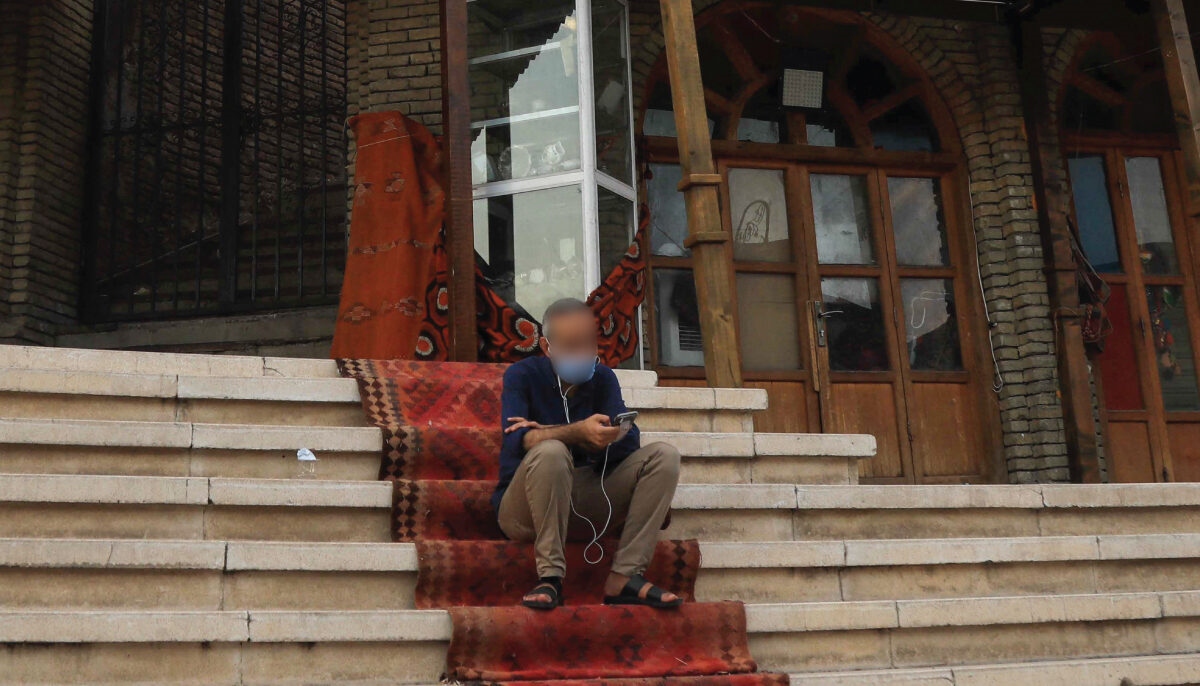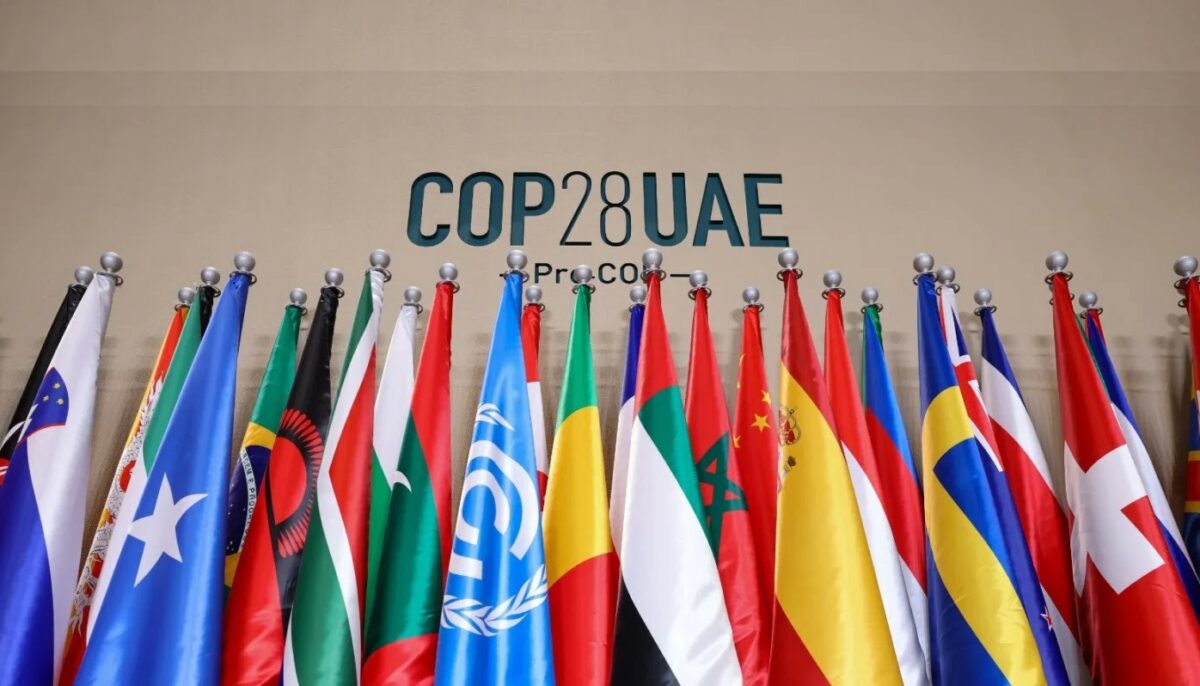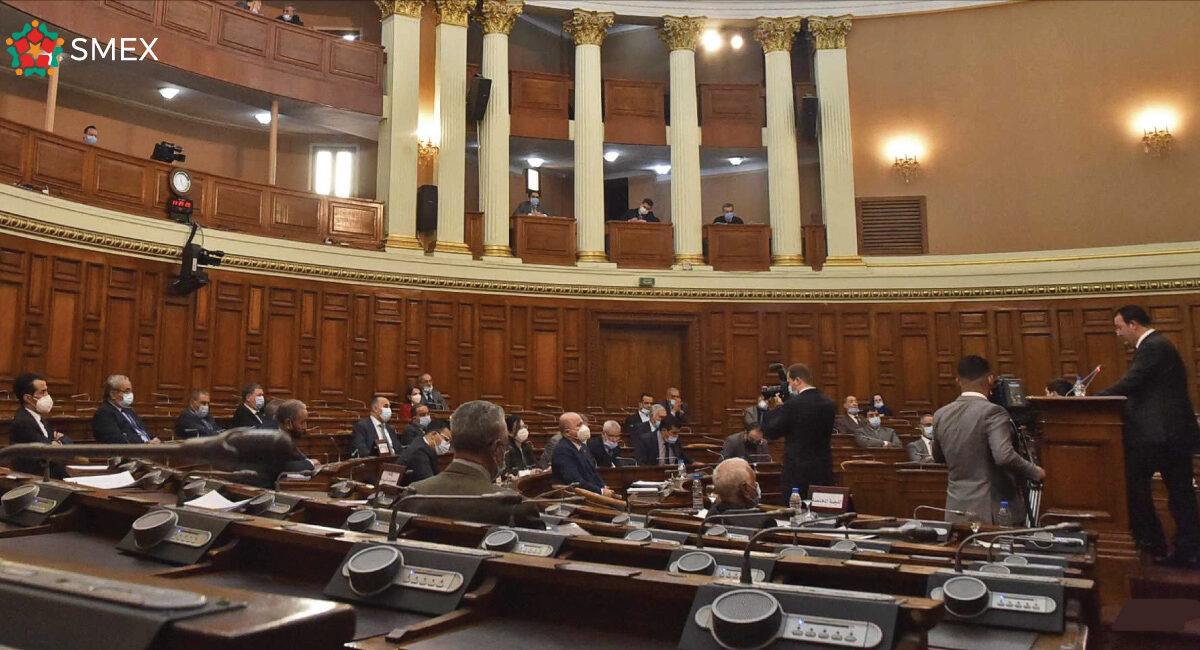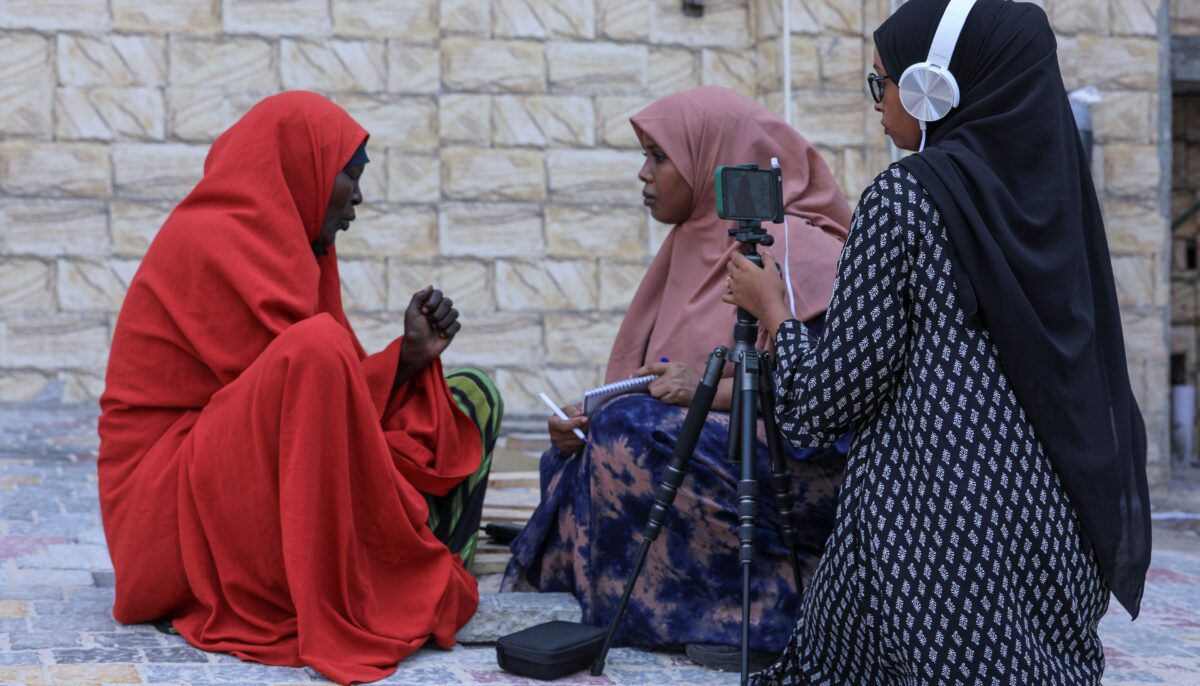The latest updates on digital rights from West Asia and North Africa

Categories

Google’s DNS Ban in Iraq Restricts Internet Freedom
This article was prepared in collaboration with the Iraqi Network for Social Media (INSM). The Iraqi government, through the Telecommunications…

Saudi Authorities Monopolize Media and Advertising Discourse “by Law”
Through global forums and media, the Kingdom of Saudi Arabia has been keen on spreading progressive discourse in an effort…

COP28 in Dubai: Participants’ Safety in Jeopardy Given Country’s Record
Last June, it was reported that the UAE’s national oil company read emails to and from the COP28 climate summit…

Algeria: New Media Law Tightens Restrictions on Online Content
Despite disputes around the new Media Law in Algeria, president Abdelmadjid Tebboune signed the new legislation into effect, and it…

Ban TikTok and Telegram? Somalia’s heated debate
While Somalia’s recent decision to spare TikTok and Telegram from a ban offers a momentary relief, blocking the platforms remains…



